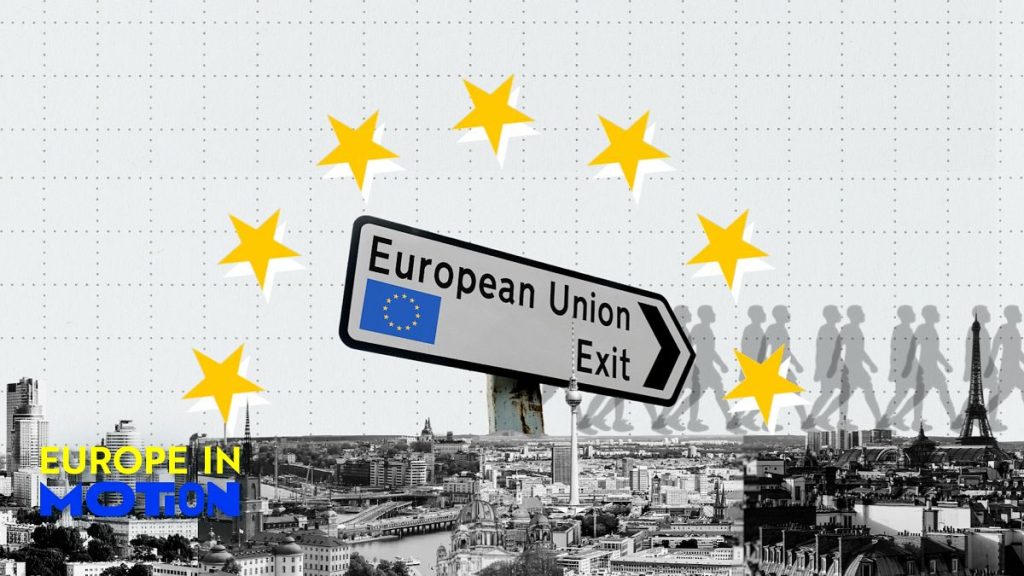In the second quarter of 2024, France led the way in deporting migrants from the EU, with over 3,000 people repatriated out of more than 25,000 who were ordered to leave. However, there is still a significant gap between the number of people ordered to leave and those who actually end up being repatriated. According to Eurostat data, only about a third of non-EU citizens who were ordered to leave actually left the bloc during this time period. The gap is narrowing, however, with a 21.3% increase in the number of people returned to third countries compared to the previous year.
France, Germany, and Sweden were the top countries in terms of deportations in the EU in the second quarter of 2024. Algeria and Morocco were the largest nationalities to receive orders to leave the EU, followed by Turks and Syrians. However, the largest nationalities who actually left the EU were Georgians, Albanians, and Turks. Despite the discrepancy between repatriation orders and actual repatriations, experts say that it does not mean that thousands of migrants are hiding out on EU soil. Reasons for not being able to deport individuals include health issues, unidentified country of origin, victims of human trafficking, and unaccompanied minors.
The EU repatriation directive is not uniform across member states, leading to varying procedures for deportation. This lack of harmonization makes it difficult to track repatriations effectively and ensure the legality of the process. To address this issue, the EU is funding a project called “More” that aims to critically examine the EU and UK’s Returns and Readmissions policies. The project will question the effectiveness of current EU returns policies in relation to fundamental rights. The goal is to bring transparency and accountability to the repatriation process and address the heterogeneity in procedures across different regions and countries.
Overall, while the number of migrants ordered to leave the EU has decreased slightly compared to the previous year, there is still a significant gap in the repatriation process. The EU is working to address these issues through initiatives like the “More” project to ensure that repatriations are carried out in a just and legal manner. By examining the discrepancies between repatriation orders and actual repatriations, the EU aims to improve the effectiveness and compliance of returns policies with fundamental human rights.


